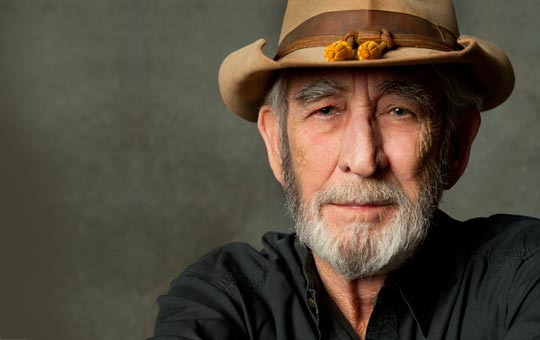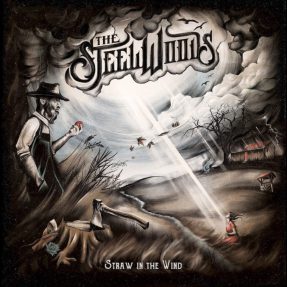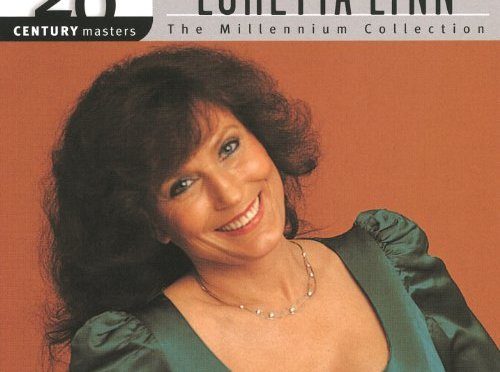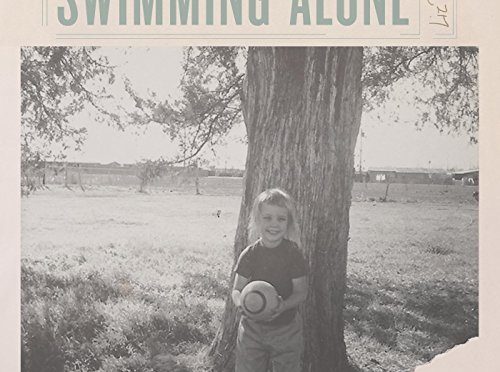Friday’s Gentle Giants tribute album to Don Williams has inspired me to go back and search through his discography. I know Brianna did a Greatest Hits collection last week, but this is honestly one of the best examples of his music that is also easily accessible–many of his original albums can’t be streamed, and hopefully, hearing this one will inspire you to dig further into his albums anyway. His music is some of the first exposure to older country that I ever had growing up, and it’s some I still come back to, and for good reason.
Release Date: 2004
Style: mostly countrypolitan/the Nashville sound, some more traditional country as well
Who Might Like This Album: fans of Ronnie Milsap, fans of Sam Outlaw, fans of softer country, love songs, and heartbreak ballads
Standout Tracks: “Some Broken Hearts Never Mend,” “If Hollywood Don’t Need You,” Lord, I Hope This Day is Good,” “Good Ole Boys Like Me,” “Come Early Morning,” “I’m Just a Country Boy,” “She Never Knew Me”
Reflections: You might think Sam Outlaw is an odd reference to make when referring to a classic country singer like Don Williams, but it’s the Nashville sound that Outlaw has modernized which Williams helped to make popular in the 70’s and 80’s; he wasn’t an outlaw like Merle or Willie, and his brand of country, although sprinkled with traditional songs, leans more toward the pop country of that time–which just shows you how far the term pop country has slipped, and also that it wasn’t always synonymous with crap. There’s a reason he is called “gentle giant,”–that unmistakable bass voice is known best for love songs like “I Believe in You” and heartbreak songs like “Some Broken Hearts Never Mend” than anything else. This album, and really all Don Williams music, is an easy listen. It just puts you in a good mood. It’s relaxing and simple, and it reminds you that it didn’t take grit to make timeless music.
There’s a sincerity and depth of emotion in these songs that’s hard to come by in today’s writing, and “gentle” is also the right word to describe the voice of Don Williams. I mentioned simplicity, and it shines through on “Lord, I Hope This Day is Good,” a little prayer for just that, a good day in the midst of struggle, and “Good Ole Boys Like Me,” a song that reminds you you can sing about growing up in the South without it being one giant cliché. He can share sentiments like “If Hollywood don’t need you, honey, I still do” from my personal favorite Don Williams song, or “most of all, you’re my best friend” and have them come off as sincere rather than cheesy. It could be the bass voice or simply the way you believe the words, but Don Williams has a way of selling these types of songs that would perhaps otherwise come off too sappy. I keep coming back to that word, “gentle,” which seems to describe his voice, his style, and his songs. As I said, it’s a nice, easy listen. Start with this, and work your way through his music. I have yet to find a bad Don Williams song.



